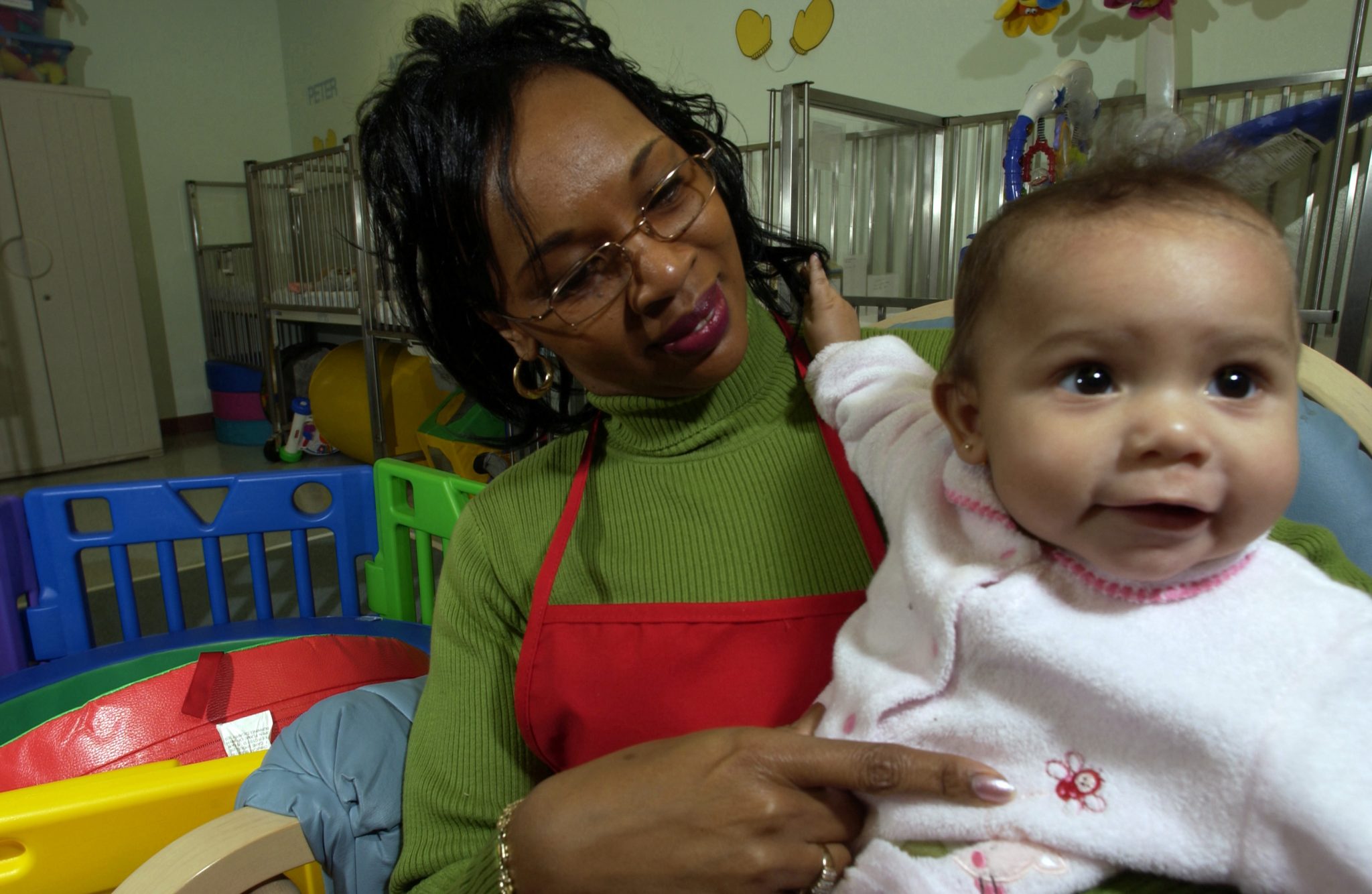Foreign Caregivers Face Uncertainty as Pathway Program to Permanent Residency Nears Expiry Date
Foreign caregivers often immigrate to Canada as part of an immigration program that helps them work towards permanent resident status. These caregivers work hard and support their families overseas. And this hard work frequently culminates with bringing their families to Canada.
But changes to the program’s criteria in 2014 caused a drop in the number of applicants granted permanent residency. And the changes to these immigration pathways has left many caregivers feeling uncertain.
Background and Program Changes
Currently, Canada has two pilot programs giving foreign caregivers access to permanent residency. After two years of full-time employment as caregivers, they are eligible to apply. One program is for caregivers who look after children. The other is for those who look after adults with high medical needs.
In 2014, the former Conservative government reformed this program. It became more difficult for caregivers to be eligible for permanent resident status. They capped the annual number of foreign caregivers granted access to the program to 5,500. They also introduced new language and post-secondary education requirements.
Applicants must pass a language test for reading, writing, listening, and speech. They also need at least a one-year post-secondary education credentials.
In the three years since then, only 555 caregivers were granted permanent residency. Before these changes, the average number of successful applicants was 8,000 per year.
Program Under Review
Immigration Canada is reviewing the program as it approaches its end in November. The review will determine what type of pathway should be in place for foreign caregivers. They will either replace the program or make it permanent. They will also announce their decision before the program end date.
The end date and deadline to gain two years of full-time work experience is November 29, 2019.
Canada has continued to process caregiver applications since last November. But new applicants were unaware of their ineligibility. This recent announcement came as a shock to many, causing stress and anxiety. Caregivers come to Canada with this special pathway in mind, yet no one informed them of this cut-off date.
Those already working in Canada may not meet the deadline if they had gaps in their employment. It can take at least eight months before gaining new employment and work permits. This gap could cost them their eligibility to apply for permanent residency.
The demand for caregivers will only increase as Canada’s population grows and ages. More adults and children will need such care. And foreign caregivers will do this hard work to support their families overseas. Furthermore, they leave their families behind—sometimes for years—in hopes to one day reunite with them in Canada. But that day may never come if Canada maintains tough restrictions in place for foreign caregiver programs.
Share this article
Arghavan Gerami
Arghavan Gerami is the Founder and Senior Counsel at Gerami Law Professional Corporation ('PC'), a full-service immigration law firm in Ottawa, Ontario. Since 2011, Ms. Gerami has focused her practice on immigration and refugee litigation. Prior to that, Ms. Gerami worked at the Ministry of Attorney General and the Department of Justice and had the privilege of serving the Honourable Mr. Justice M. Evans at the Federal Court of Appeal on immigration and administrative law appeals. Ms. Gerami contributes to the Immigration Law Section of the Canadian Bar Association, the Canadian Association of Refugee Lawyers, and the United Nations High Commissioner for Refugees. Ms. Gerami has also published numerous journal articles and presented at various immigration and refugee law conferences and events across Canada.

